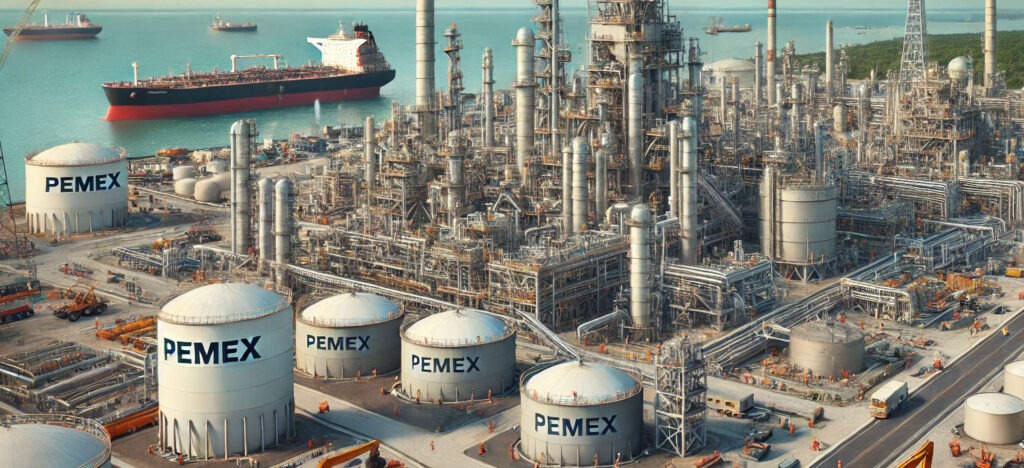Crude oil prices on the rise: global tension boosts oil prices

Oil prices are headed higher, driven by significant disruptions in Libya's crude oil production and Iraq's plans to reduce its output. These factors have led to growing concerns about global oil supply, which in turn has put upward pressure on prices in international markets.
Libya, affected by a clash between rival political factions, has seen more than half of its production, equivalent to 700,000 barrels per day, disrupted, paralyzing exports at several key ports.
In parallel, Iraq plans to cut its production to between 3.85 million and 3.9 million barrels per day in September, having exceeded its OPEC+ quota, which could exacerbate supply shortages in the market.
The U.S. economy, which has shown signs of strength with higher-than-estimated growth, has eased fears of a recession, which has also contributed to higher oil prices.
This situation offers a temporary respite to the market, but signs of weakening demand in China, the world's largest oil importer, are limiting gains, introducing a factor of uncertainty about the sustainability of high prices.
For the Mexican market, this situation presents a set of strengths and opportunities.
Higher oil prices could benefit Mexico, a major crude oil exporter, by improving export revenues and strengthening public finances. In addition, the country could take advantage of the global context to position itself as a reliable supplier in a market where supply is compromised by geopolitical factors.
However, these circumstances also highlight certain weaknesses and threats. Mexico's dependence on oil revenues makes it vulnerable to international price volatility, and a prolonged weakening of demand in China could affect the global economy and, therefore, demand for Mexican crude oil.
In addition, shortages in other producing countries could generate tensions in the domestic market if resources are not properly managed. Mexico should consider diversifying its economy to reduce this dependence and prepare for an uncertain global environment.
In this context, Mexican energy-related companies must be attentive to price fluctuations and adapt to changing conditions, which could imply revising commercial strategies and optimizing costs.
In this scenario, the opportunities for Mexico lie in its ability to respond quickly to global demands and the possibility of attracting foreign investment in the energy sector, especially if it can demonstrate stability and efficiency in its production. However, the threat of a possible global economic slowdown and domestic challenges in the management of energy resources require a clear and well-founded strategy that balances short-term benefits with long-term sustainability.
In summary, while the global oil market faces turbulence due to supply and demand factors, Mexico is in a position that could provide both advantages and challenges.
The key will be how the country manages these fluctuations, maximizing its strengths and opportunities while mitigating the weaknesses and threats that this volatile environment may present.
Decisions made in this context will have a significant impact not only on the energy sector, but on the economy as a whole, underscoring the importance of a business and government strategy that is well aligned with global realities.
Collaboration: Editorial Auge.





